The tongue is an important organ which is "on everyone's lips" not only because of its functions. The tongue has also acquired an important meaning in modern life in connection with the erotic (French kiss) and the body jewelry as so-called tongue jewelry. In all seriousness - the tongue is relatively small, but indispensable in terms of health, culinary and linguistic aspects.
What is the tongue?
Most people are unlikely to suspect that the tongue is a muscle that is covered with a special layer of tissue made of mucous cells.
If you look at a tongue, you will notice its long, rather narrow shape. In anatomy and physiology, the tongue is viewed as an organ that belongs to the digestive system. The tongue is the first organ next to the teeth to open the digestive tract.
The tongue is attached to one side of the oral cavity by a muscular connection. The tongue is loose in the front area.
Anatomy & structure
From an anatomical point of view, the tongue from several areas, which are particularly important for the scanning as well as the movement of the food and the taste perception. You can see the root of the tongue, the actual body and the sensitive tip of the tongue. A closer look at the tongue reveals the back of the tongue and the underside of the tongue. The edge of the tongue is also important for the tasks of the tongue.
On the tongue, next to the mucous membrane, there are so-called papillae or taste buds, which together with the taste buds represent a unit. The taste buds ensure different taste perception on the tongue. This division of the tongue is technically exactly called innervation.
So that the cells of the muscle and mucous membrane tissue of the tongue can be supplied with nutrients and oxygen, the tongue is permeated by many blood vessels, arteries and veins. The removal of metabolic end products from the tongue tissue is based on the lingual vein. The tongue is also known medically as the lingua or glossa.
Functions & tasks
In relation to the diverse tasks that the tongue has to fulfill, this oral organ is not too large. The functions of the tongue include not only a certain mobility in relation to the chopped up food, but also the crushing of soft food components, the checking of the consistency and the taste sensation.
In addition, the strong muscle of the tongue mixes food with saliva and absorbed fluid. During this process, the food absorbs the first digestive enzymes. After perceiving flavors such as bitter, sweet, sour and salty, the nerves in the tongue pass this information on to the brain. The tongue is also involved in a large number of processes such as sucking liquids and swallowing pasty food.
Furthermore, without a functioning tongue, no articulation of sounds would be possible. In addition, the tongue has an important role to play in terms of human expression. The tongue is indispensable for speech in order to form the so-called tongue sounds. In medicine, the texture of the tongue is also a relevant indicator of the presence of special diseases.
Diseases
Like any organ of the body, so can the tongue get sick under certain influences and show various abnormalities. In diseases of the tongue, both its shape and color and its superficial relief change.
Typical abnormalities of the tongue occur, for example, with cyanosis. This is caused by an undersupply of the organism with oxygen and shows itself in a bluish color of the tongue. If the tongue turns red in connection with infectious diseases such as scarlet fever, this is known as raspberry tongue. A blood disease, which is based on a lack of red blood pigment or a reduction in red blood cells, develops a classic lacquer tongue.
This occurs in both pernicious anemia and liver cirrhosis. In addition, the tongue can also be affected by tumors. A tongue abscess, a thrush of the tongue caused by the fungus Candida albicans or genetic defects in the shape of the tongue are also common symptoms of the tongue. Disorders of the digestive tract usually show up in typical pathological impairments of the tongue.
You can find your medication here
➔ Medicines against tartar and tooth discolorationTypical & common diseases
- Burning tongue
- Glossitis
- Tongue cancer
- Taste disorders


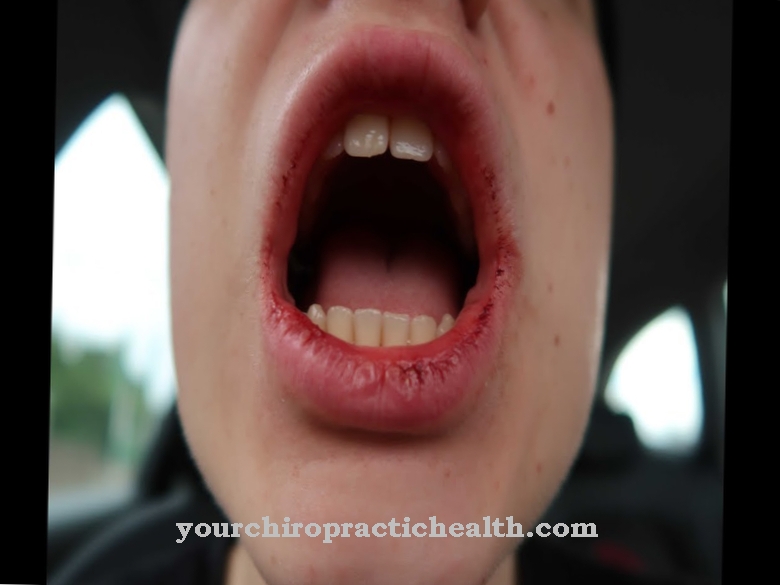
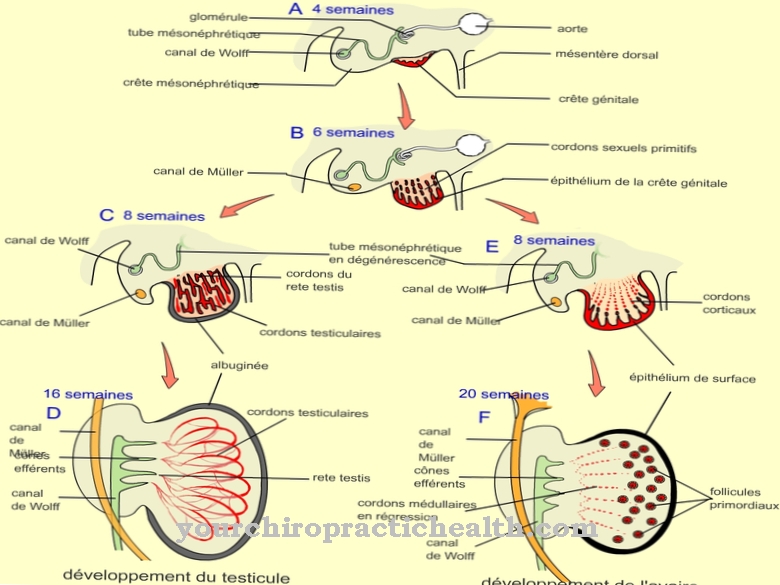
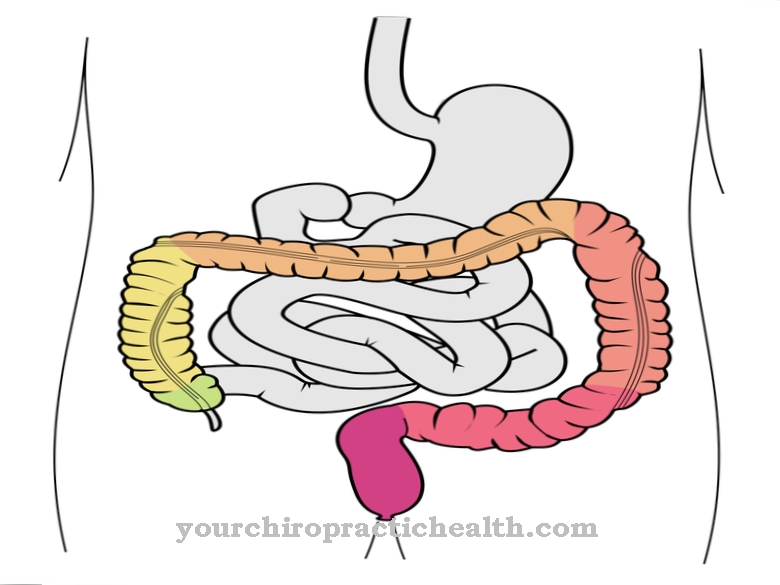
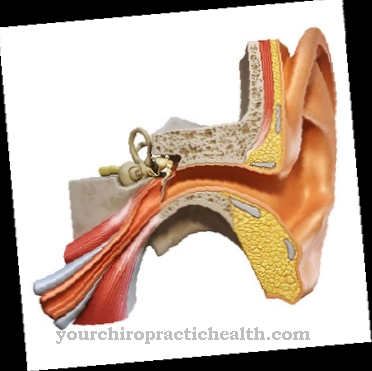
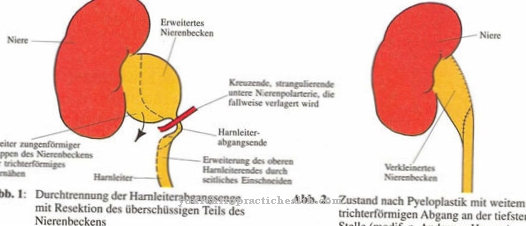






.jpg)

.jpg)
.jpg)










.jpg)